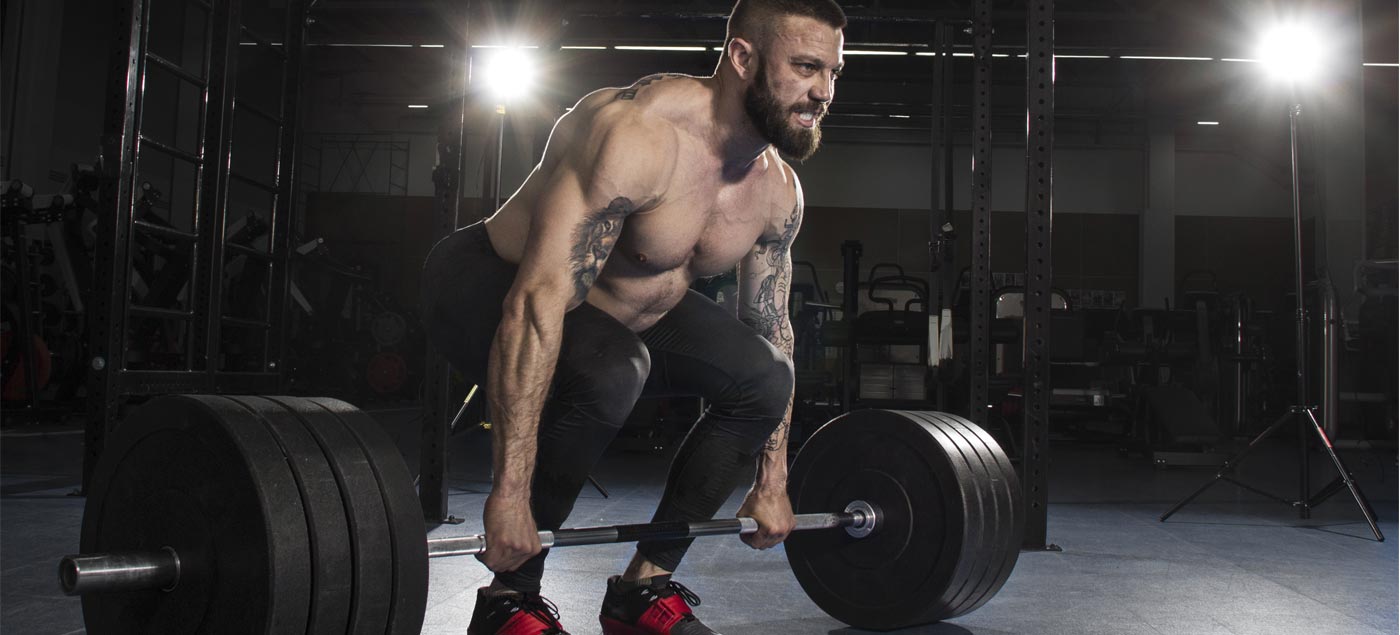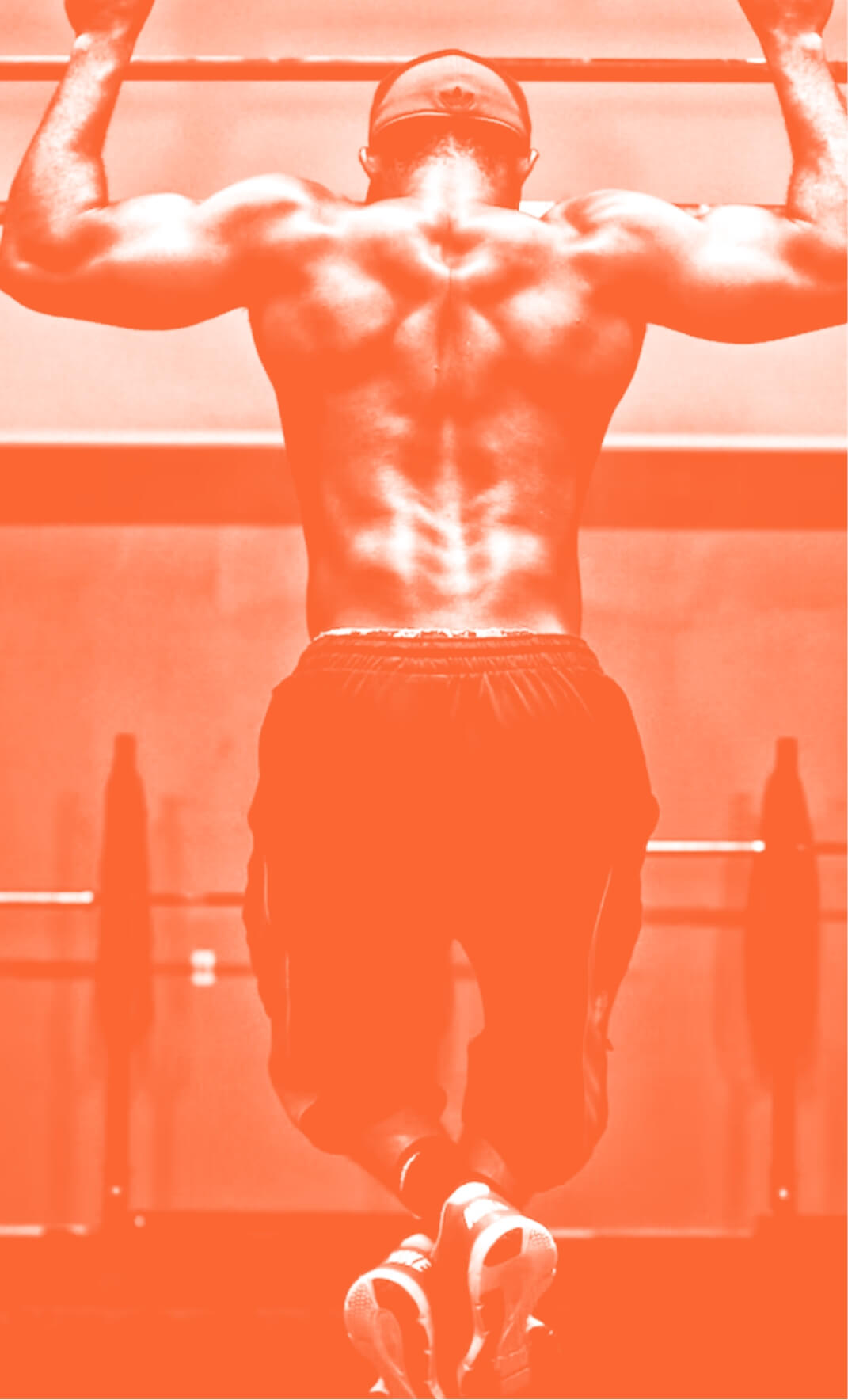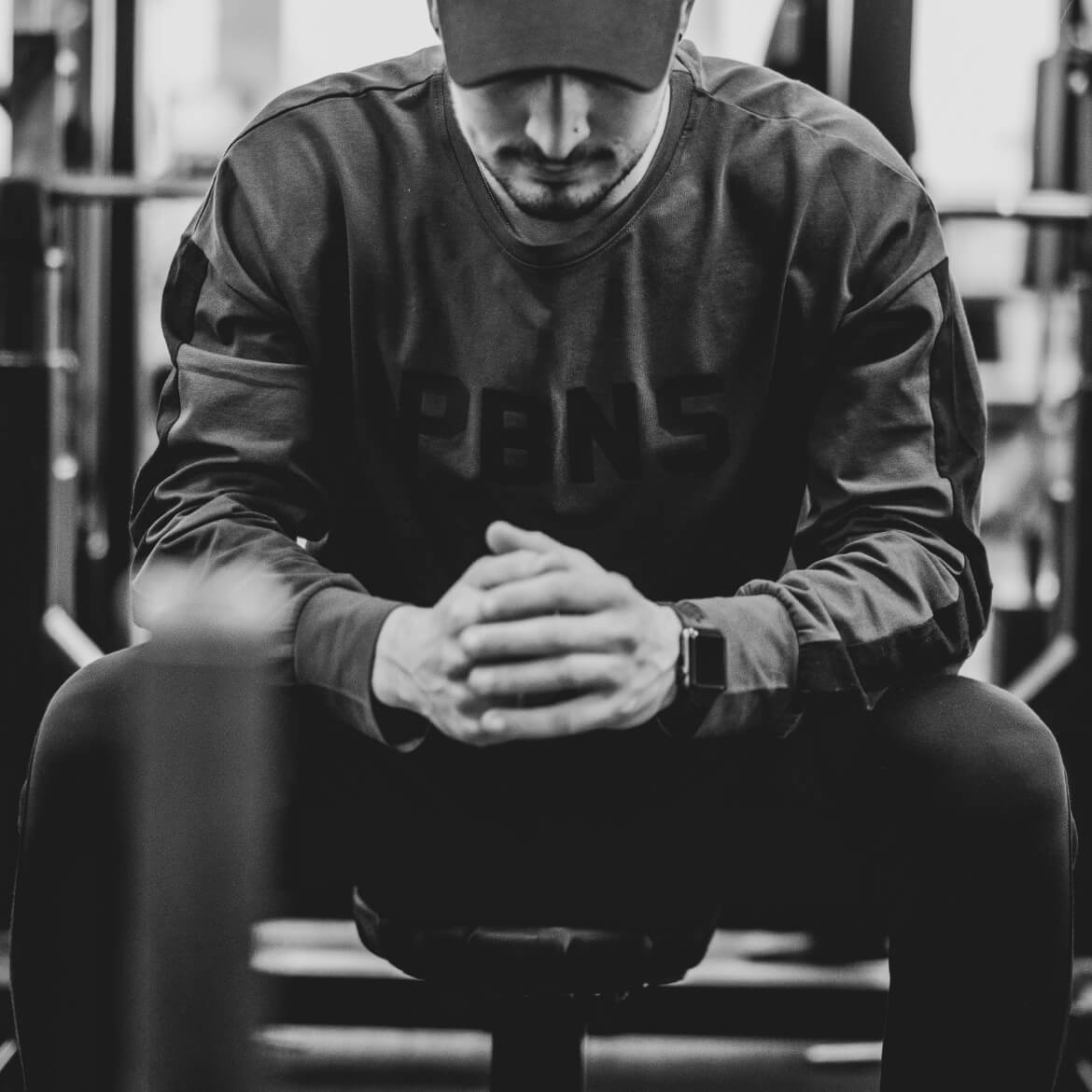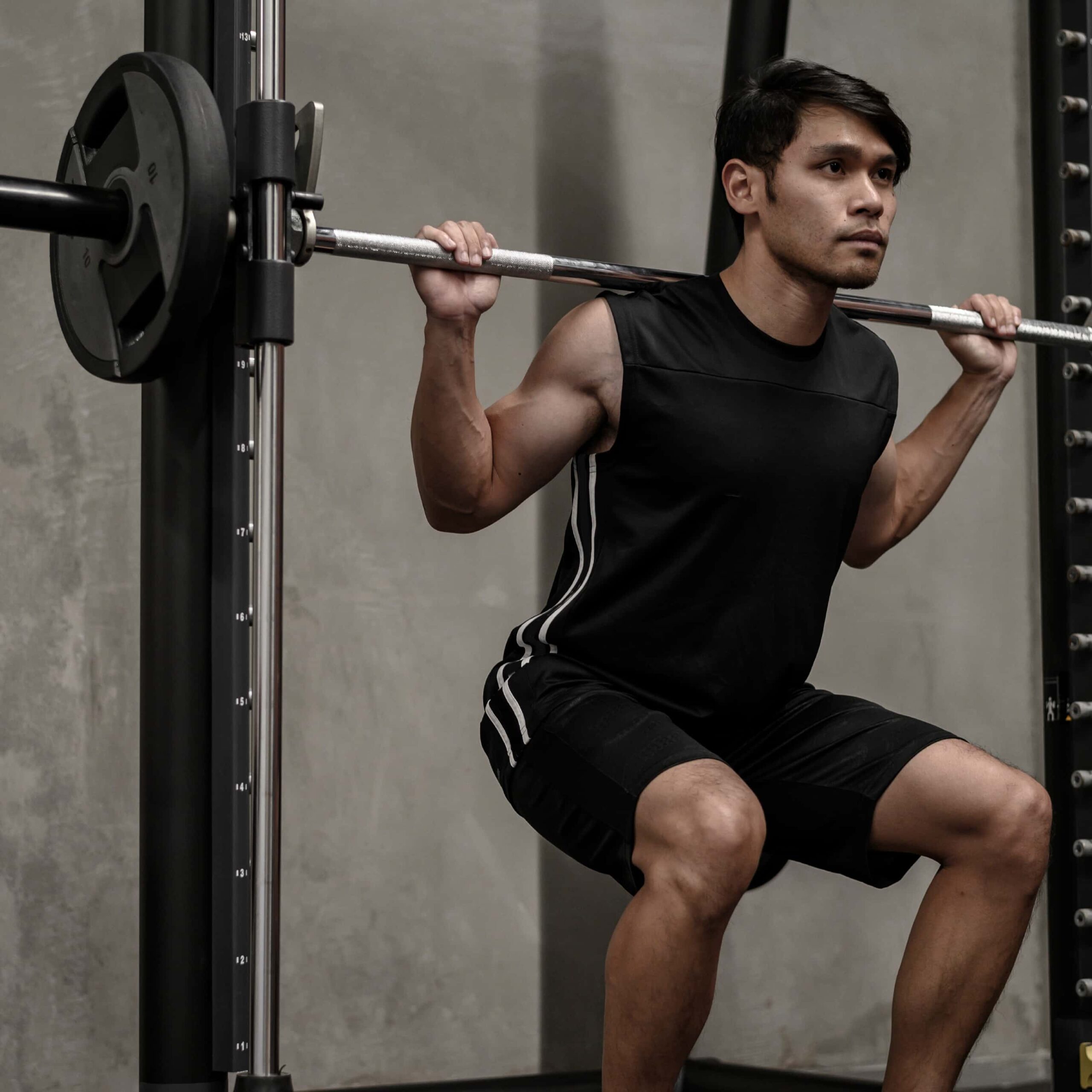Do you Have to Lift Heavy to Build Muscle?
23rd Aug 19

Lifting heavy to build muscle is one of the biggest reasons people use weight training. It’s an incredible way to help develop your strength, your immune system, weight, metabolism and burn calories too. It’s a general wonder of fitness really, and there’s a place for it in any fitness goal. One of the most commonly asked questions about doing it, though, is; do you have to lift heavy to build muscle in the first place?
It’s an age-old argument that that is how you build muscle. Lifting heavy causes more tears in muscle fibre, and that’s what causes a build in muscle growth over time. That’s true to an extent, but it’s not everything. There’s more to it than meets the eye, and you need to have a good understanding of everything that goes around it too if you have a chance at maximising your progress.
Let’s break it down:
Bodyweight

The first thing that needs to be looked at is bodyweight exercises. It’s a fundamental starting point for a number of people since it’s so easy to do anywhere, any time. That’s more than fair, and it’s a great idea to do it. Doing bodyweight exercises has a huge range of benefits.
When it comes to building muscle, however, this is where issues can crop up. When you are using bodyweight exercises exclusively, things will happen. From a standing start, you’ll definitely see improvements to your fitness. You’ll build muscle and burn fat, which is great. The problem? You won’t be able to get too much heavier and thus increase the weight. (Plus, it’s hard to train areas like your back in the long run without any equipment too). This is where you’re likely to get stuck.
Light weights

Just because bodyweight is a limiting factor doesn’t mean you’re stuck there. You can still lift weights without them being ridiculously heavy and make good progress, or so studies suggest. That’s where the all-important question comes from about lifting heavy to build muscle.
Lifting light weights for a high number of reps actually shows that you can make a lot of changes to your muscle mass. You’ll still be using them to their full potential and causing tears, but less extremely and more frequently. That’s the difference. Not only does it build muscle mass, but it also helps increase your endurance too, so there’s always room for it. On the other side of the coin, it shouldn’t be TOO light, so remember that.
Heavy Weights

So, we’ve looked at lighter ways to lift, but does that mean there’s no point in lifting heavy? Well, no. It’s famous for a reason after all. Lifting heavy will always have its advantages.
First and foremost, it’s tried and tested to be successful. You don’t need to do it for as long, and you’ll skyrocket your progress. Lifting heavy forces overload which is one of the biggest ways your muscles grow.
It’s not without its issues either though. Lifting heavy can put a lot of pressure on your joints, for example. On top of that, your body can become used to the kind of stress that you’re putting it under too! That means you can still plateau from doing the same things.
Ultimately, if you’re trying to build muscle and you aren’t sure what it is that you should lift, then here’s food for thought. Do both. Mix it up. Variation is one of the best ways to maximise your progress in the long run. There are various different set styles that can help you to do it too, so mix them up.
Try one for a few weeks, and then switch. It’s all a part of the fundamentals of how to build muscle, so make sure you know it. Don’t overdo it as always, as rest is just as important as your training when you’re exercising. Take it easy and see what works best for you.
Here’s our video talking it over. Take a look and let us know what you think:
Before beginning any exercise or nutrition program, consult your physician, doctor or other professional. This is especially important for individuals over the age of 35 or persons with pre-existing health problems. Exercise.co.uk assumes no responsibility for personal injury or property damage sustained using our advice.
If you experience dizziness, nausea, chest pain, or any other abnormal symptoms, stop the workout at once and consult a physician or doctor immediately.










